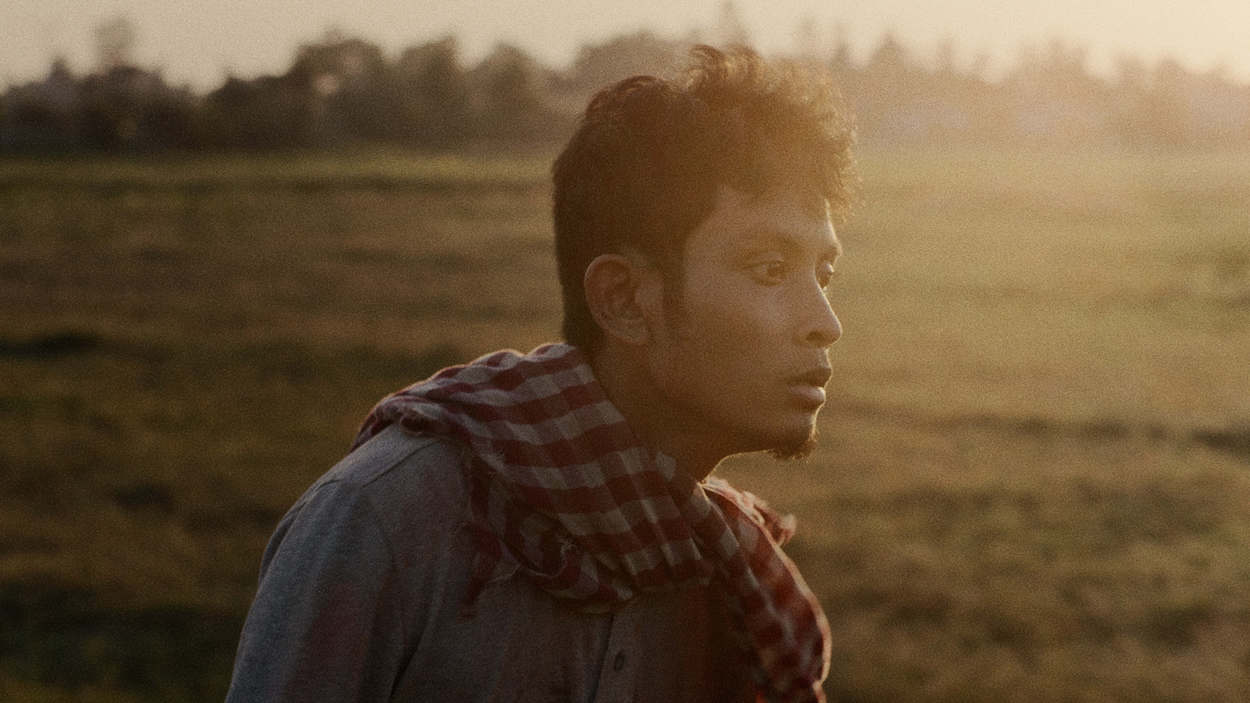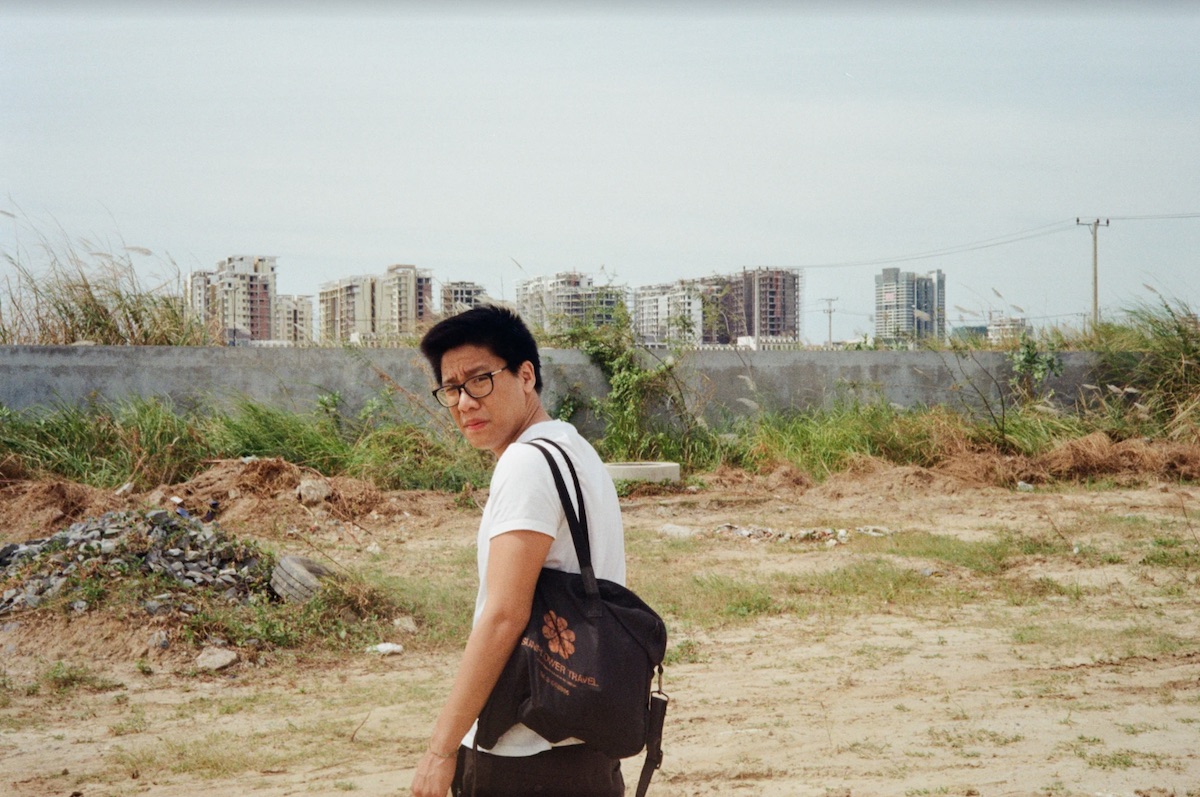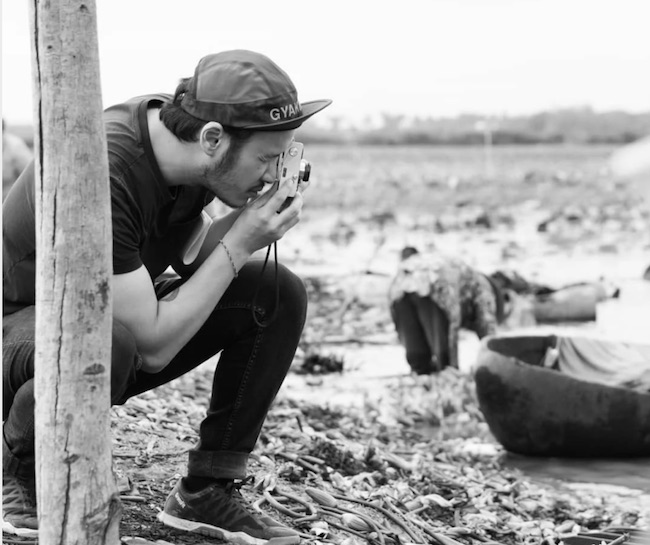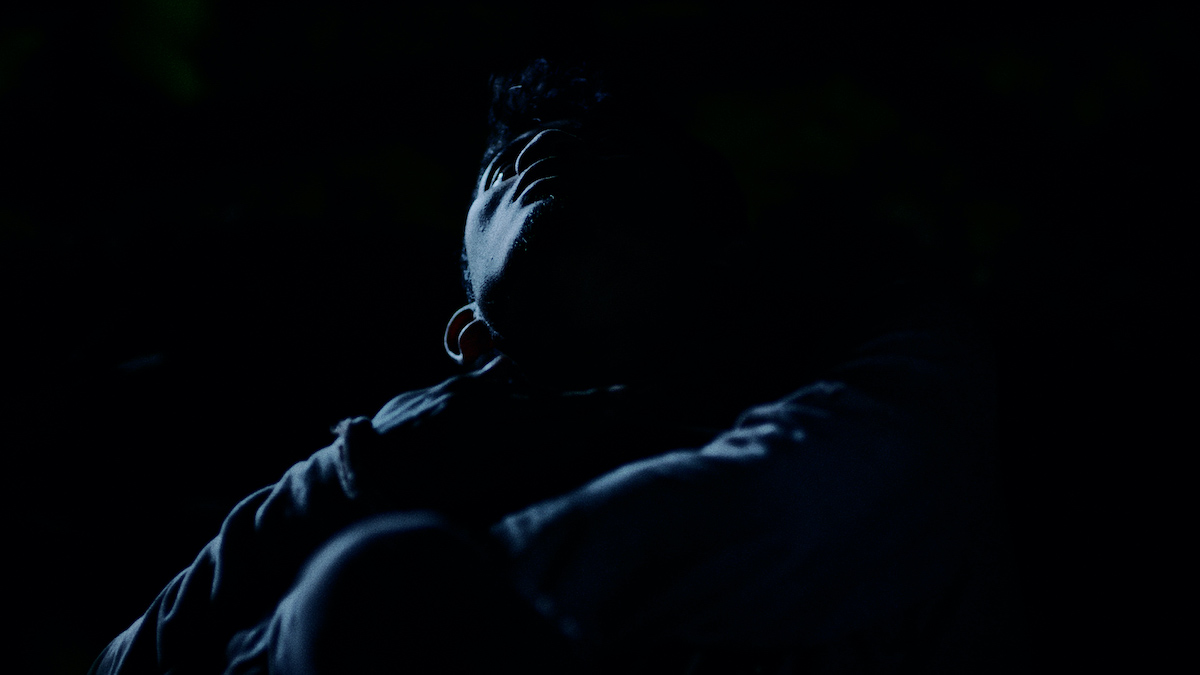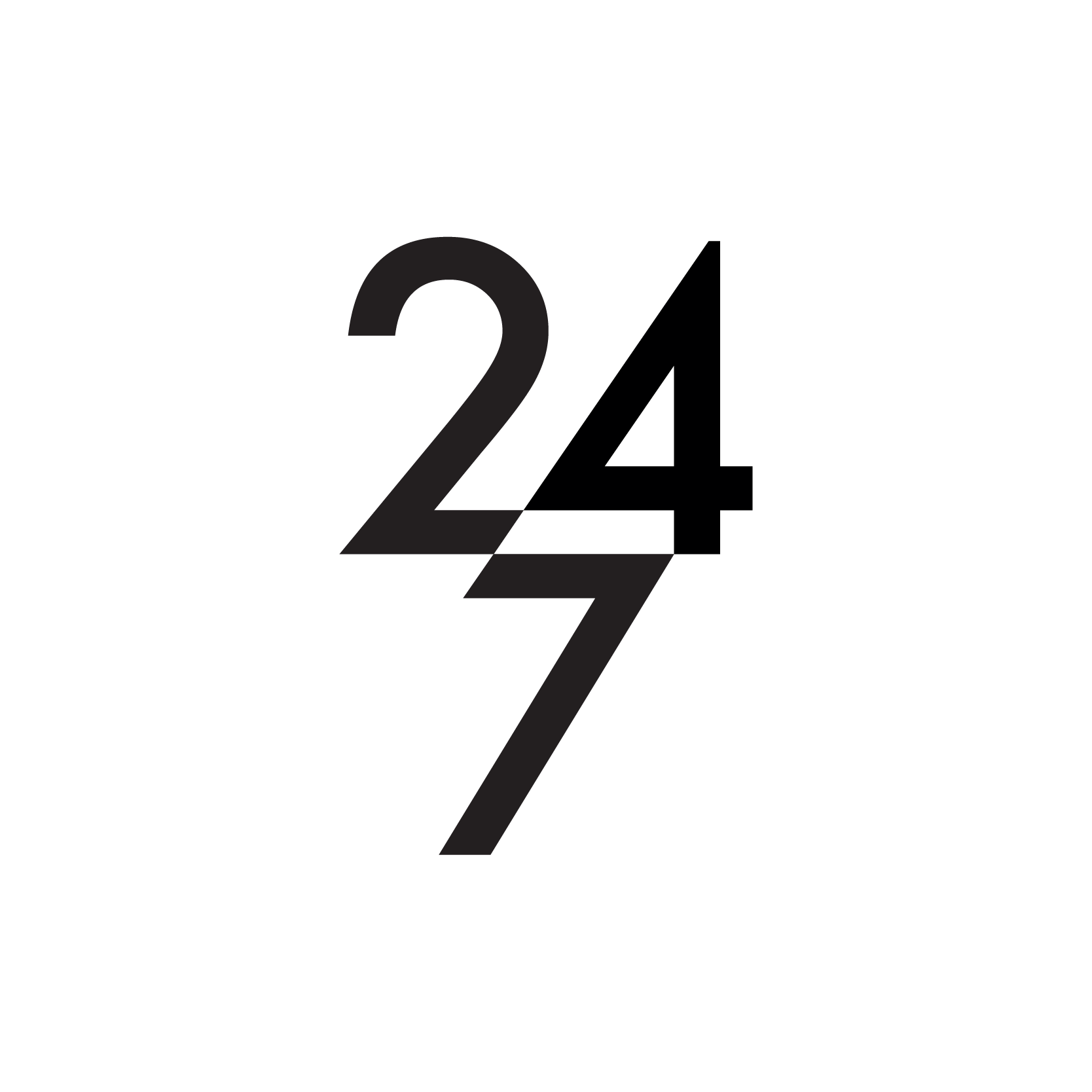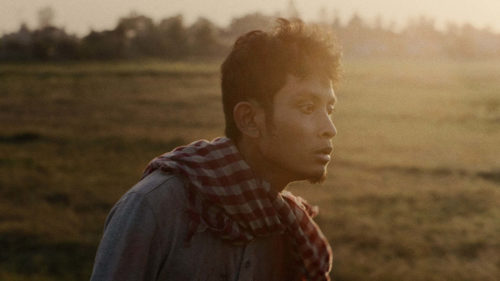Lo Xu-Ming Tong
First please both tell us about your childhood and where were you brought up? How did your earlier backgrounds influence your creativity?
Alex: I grew up in Gonesse, a Parisian suburb. My parents immigrated from Cambodia and as our financial situation improved, we moved, and we moved around a lot. I made some friends every time we moved but I don’t remember ever having a deep connection with anyone, which is probably why I turned to drawing. Also my brother and uncle were both amazing at it, so I kind of wanted to impress them. Back then I didn’t go to the cinema a lot but in France we have an incredible tv channel called Arte which shows art films and world cinema. I would watch whatever was on it all day long.
Ming: I’m a born and raised Montrealer. I am of Vietnamese descent from my mother’s side and Cambodian descent from my father’s. Both have Teochew ancestry. I was a fairly energetic and impulsive kid during my early years so those traits tend to lend themselves rather well when applied to creative fields. I was mostly into music when I was a teenager and I slowly started getting into films later through your now extinct rental film vhs/dvd stores. Those were great.
You both met at Central Saint Martins in London. What had led you there and what did you first have in common?
Alex: I was studying graphic design back in Paris when I first started experimenting with video using a DV Cam. I slowly started losing interest in my main subject and spent more time making videos. After getting my graphic design degree, I went to CSM with the intention to transition to film through their Moving Image course. The time I spent there was instrumental at helping me transfer my design skills into live action filmmaking. The first time I met Ming was at a party and I was shocked to meet another asian guy who could speak French. Then it turned out that we shared the same Chinese heritage (Teochew).
Ming: I definitely knew that I wanted to go to an art school for university and that I wanted to make films so CSM was an obvious choice at that point. I was also interested in other things such as photography and film installations so being allowed to do that was definitely a great pathway to becoming a filmmaker. And yes meeting francophone Cambodian-Chinese Asians that speak the same Teochew dialect is a very rare occurrence. Even more so in London so we bonded pretty quickly.
Alexandre Do
Had you collaborated on any other project before Aniccam?
Ming: We often shot each other ‘s treatments and drafts just for feedback but this was the first time we actually collaborated.
Alex: Before Ming had to go back to Canada, he helped me on a couple of shorts and music videos I was DPing. As he said we were sending each other ideas, scripts and treatments so we started developing a shorthand.
As compelling as the film is in terms of a mystery narrative there’re also underlying themes about the tsunami of cultural changes which have impacted on Cambodian life. Was this at the forefront of your ideas when you set out to write the narrative?
Alex: I have experienced Phnom Penh and Sihanouk’s gradual change first hand. Going to Cambodia every year to see family, I would notice new skyscrapers, new highways and even whole new districts popping out of the ground. I also read and watched a lot about systemic land grab and how the most vulnerable people are being exploited. So we wanted the film to reflect that.
Ming: This was definitely our intention and what drew me to the script initially. I had only been to Cambodia on a trip 10 years prior and throughout that time, I kept hearing about so many changes the country was going through via the expat circles. It wasn’t until I went back that the changes really struck me.
What were the initial conversations like when you were deciding to work together on Aniccam?
Ming: Alex first sent me the script asking for feedback so I sent it back with my suggestions and he seemed to like most of them. To the point where he was going to include them and give me a screenplay credit which I was fairly excited about. I thought about it for a week and then asked him if we could direct it together.
Alex: When Ming asked if he could co-direct, I was reluctant because I have never co-directed before and it took some time for me to adjust to the idea of sharing the vision and message of the film. We had long conversations about tone, themes and references and realised we both envisioned a very similar film already. From then on we were in sync.
From Aniccam
Were you both in Cambodia for the shoot? And how did the directing process work between you – for instance do you both have different skills sets?
Alex: We tag-teamed on set. We never contradicted each other and would alternate leadership. We definitely have different skill sets. Ming has experience on commercial shoots, so he had more confidence leading the crew from day one. I had to get used to the big size of the team and stay focussed as I’m more used to intimate shoots and smaller music videos.
Ming: The alternating leadership was a really great instrument to have. Carrying everything on one’s shoulders can be heavy at times so that was a fairly nice surprise. I can see why there’s been a lot more directing partnerships in the past decade. I think Alex is more of a people person and I can be a bit blunt in some aspects of my communication.
To what extent did you visualise the whole film before shooting or did a lot of it come together in the edit?
Alex: Although we had a script, when we arrived in Cambodia we were constantly adapting and refining the story through pre-production. The casting choices informed some of the characters, discovering locations gave us new ideas and securing the best steadicam operator in Cambodia allowed us to create a shot list with confidence. We were often lost in translation with the local crew so we continuously sent them references to pinpoint what look and feel we were aiming for, even during principal photography.
Ming:
I’m really satisfied with how the process turned out because since we adapted our script to the environment and to the research that was made, this enabled us to try different things in the edit which is a fun and crucial part anyway without being constrained too much by practicality as it can sometimes happen.
Alex: Back home in the UK and Canada, we would bounce the cut between the two of us. We are both editors so I believe it did elevate the editing as we were both testing things out and working with each other’s cuts.
Ming: Yeah this was also another fun part. Usually when you work with an editor you work in building one version together but in this case one could literally see how the other saw the film. We would then take notes and compare. It was really great.
From Aniccam
Meanwhile, where are you now? Have the restrictions during this crisis been a frustrating or inspiring time? Anything in particular that’s captured your imagination?
Alex: I’m in London at the moment, although I wouldn’t mind being in Cambodia right now. This crisis has been good for self introspection and gave me the time to think about what I want to do next.
Ming: I’m in Montréal. I’d say it’s definitely inspired me more than it has frustrated me though obviously it’s a very lucky position to be in to be able to feel that way. It’s also been a good reminder to be more grateful for the things you have in your life.
Alex: I have been working as a freelance editor since 2018. Freelancing gives me extra time to pursue passion projects, including shorts and music videos. However since the crisis work has been a little slow, so I have been able to read and write more for my next film which will also take place in Cambodia.
Ming: I’m currently working on a short film that is part Cambodian opera part fiction. I’m also currently working on my first feature which touches on the themes and research explored in Aniccam.
